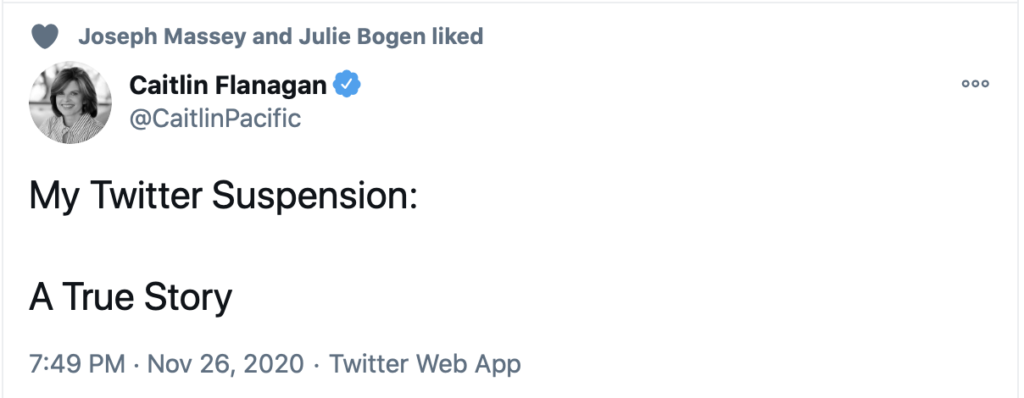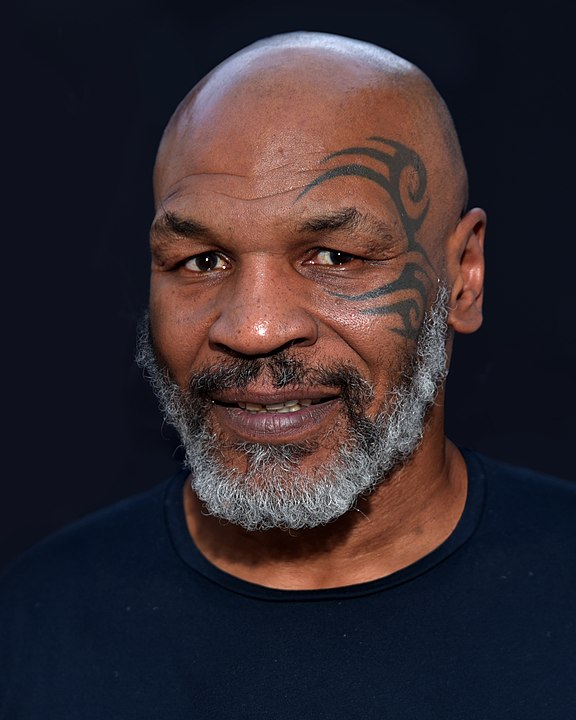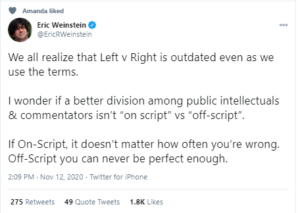Heterodox Academy Celebrates its Five Year Birthday
Earlier this evening, I attended the five year celebration of Heterodox Academy (HxA). The lineup of illustrious speakers included:
- Jonathan Haidt (Psychologist and Professor of Ethical Leadership at New York University Stern School of Business)
- Jeffrey Sachs (Political Scientist at Acadia University)
- Randall Kennedy (Harvard Law Professor)
- Nadine Strossen (Former President of the ACLU)
- Nicholas Christakis (Sociologist and Professor at Yale)
We see the following threats to Open Inquiry within the academy today:
Across the political spectrum, we see protest and backlash against scholars that threaten a preferred narrative.
Expanding bureaucracies at many colleges and universities subject ever more of campus life to administrative oversight — and encourage people to resolve disputes through reporting, investigations, and academic reprisals rather than good-faith debate and discussion.
Concerns about placating donors, ensuring high enrollments or positive course evaluations can distort research and pedagogy — especially for the growing numbers of contingent faculty whose careers and livelihoods can be threatened by a single upset student, donor or colleague. Contingent faculty are statistically more likely to be women, people of color, and other equity seeking groups whose numbers are underrepresented in tenure track positions.
Many fear losing the esteem of, or being ostracized by, one’s peers for saying the “wrong” thing. Even in the absence of formal sanctions, social and professional isolation can make academic life difficult — and many prefer to self-censor rather than risk it. This is a significant concern among students, faculty, and administrators: our 2019 Campus Expression Survey found that roughly half of students, regardless of their political ideology, agreed that the climate on their campus prevents people from saying things because others may find them offensive.
What does HXA propose as a solution to this problem?
To improve the quality of research and education in universities by increasing open inquiry, viewpoint diversity, and constructive disagreement. We aspire to create college classrooms and campuses that welcome diverse people with diverse viewpoints and that equip learners with the habits of heart and mind to engage that diversity in open inquiry and constructive disagreement.
We see an academy eager to welcome professors, students, and speakers who approach problems and questions from different points of view, explicitly valuing the role such diversity plays in advancing the pursuit of knowledge, discovery, growth, innovation, and the exposure of falsehoods.
Heterodox Academy (HxA) is a nonpartisan collaborative of thousands of professors, administrators, and students committed to enhancing the quality of research and education by promoting open inquiry, viewpoint diversity, and constructive disagreement in institutions of higher learning. All of our members embrace a set of norms and values, which we call “The HxA Way.”
All of HxA's members embrace the following statement:
I support open inquiry, viewpoint diversity, and constructive disagreement in research and education.
HXA proposes the "HxA Way" as the best way to support open inquiry. The four elements of the HxA Way are:
- Make your case with evidence.
- Be intellectually charitable.
- Be intellectually humble.
- Be constructive.
- Be yourself.
Who would have ever thought we would need an organization to help us learn how to talk to each other on important issues at colleges and universities? Well, we do. That's why I joined HxA tonight in my capacity as a law professor. I'm looking forward to getting increasingly involved in all the HxA does.
Note: There is some overlap in the concerns and missions of HxA and FIRE (Foundation for Individual Rights in Education). If you support one of these organizations, you will probably also support the mission of the other.



